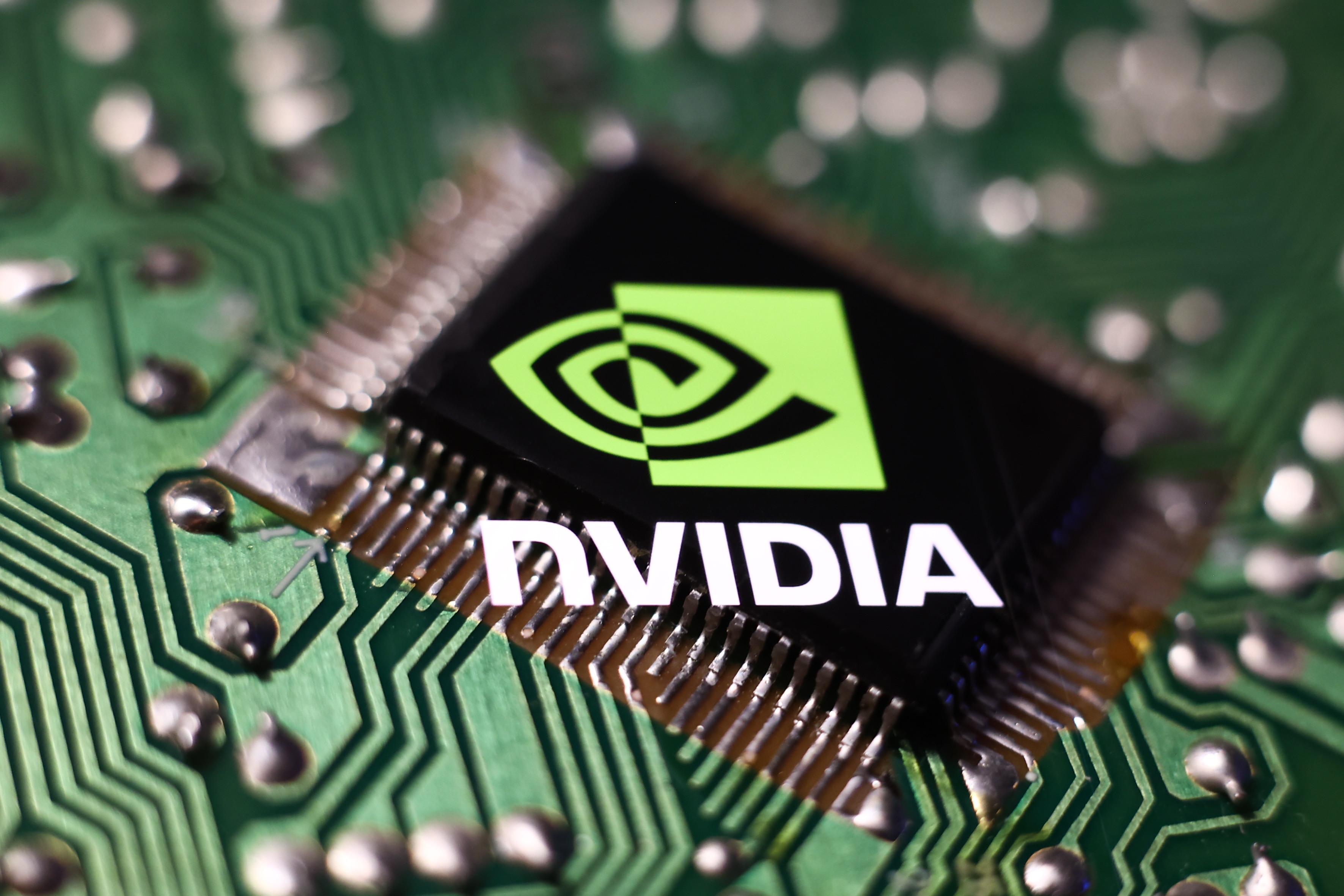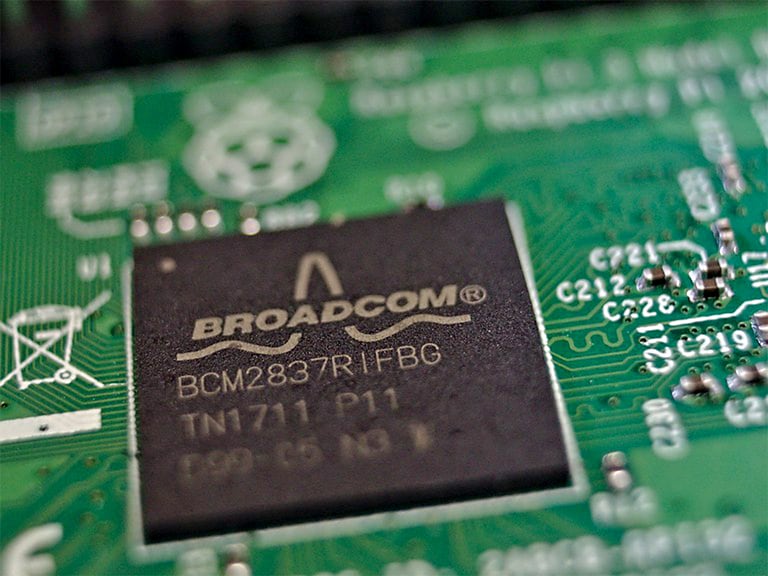Investors have been buying artificial intelligence (AI) stocks for a long time, fearing missing out on the next mega-trend and expecting profits to follow later. This mindset pushed stocks like Nvidia to astronomical valuations. However, a harsh reality is setting in: the US may no longer lead in AI.
AI stocks face steep losses: The Nasdaq 100 is down 4.6% pre-market, and the Stoxx 600 is down 5.8%. Overall, $1tn in market capitalisation has been wiped out. Nvidia has dropped 12% pre-market, losing over $400bn in value — the largest single-day loss for any S&P 500 company.
What happened?
The US has made extensive efforts to prevent China from developing a competitive AI model, such as restricting ASML from selling wafer production equipment to China, but these efforts seem to have fallen short. Recently, China’s DeepSeek released an AI model that reportedly matches OpenAI's latest version and outperforms it in mathematical and logical tasks. DeepSeek’s AI also operates at a fraction of OpenAI’s cost and its open-source code is available for commercial and academic use, posing a significant challenge for investors.
The Trump administration announced a $500bn investment in the AI initiative "The Stargate Project," aiming to solidify and expand its AI leadership. Key players in this initiative include Oracle, Softbank, Nvidia, and the UAE's MGX investment fund, and only OpenAI models will be used in its data centres. However, China has proven it can develop competitive AI with far less funding
What could happen?
China's success with DeepSeek, despite sanctions, poses a major threat to firms that plan to sell AI technology at a premium. Companies relying on large server farms and expensive chip investments to maintain their competitive edge may face significant challenges, potentially reducing demand for companies like Nvidia. The US can no longer assume dominance in the AI market, as China's low-cost AI could undermine the margins of highly valued AI companies in the Nasdaq, and across European markets.
How can companies justify massive investments in costly AI models to shareholders when similar performance is available for free or at a much lower cost? The challenge now for companies is explaining their investments and demonstrating their monetisation plans. Could this signal the start of a major speculative bubble bursting?
This week, Microsoft, Meta, Tesla, and Apple are scheduled to hold their earnings calls, and DeepSeek is expected to dominate discussions. The long-maintained narrative of firms needing immense computing power to drive AI is now under scrutiny. Could AI services be achieved with far less?
The answers to these questions will determine whether investors continue backing AI investment strategies. Companies must clarify how they plan to monetise AI in a landscape that may no longer dominated by OpenAI and the US. Until margins and strategies are explained, stock prices may continue to fall.
CMC Markets erbjuder sin tjänst som ”execution only”. Detta material (antingen uttryckt eller inte) är endast för allmän information och tar inte hänsyn till dina personliga omständigheter eller mål. Ingenting i detta material är (eller bör anses vara) finansiella, investeringar eller andra råd som beroende bör läggas på. Inget yttrande i materialet utgör en rekommendation från CMC Markets eller författaren om en viss investering, säkerhet, transaktion eller investeringsstrategi. Detta innehåll har inte skapats i enlighet med de regler som finns för oberoende investeringsrådgivning. Även om vi inte uttryckligen hindras från att handla innan vi har tillhandhållit detta innehåll försöker vi inte dra nytta av det innan det sprids.






